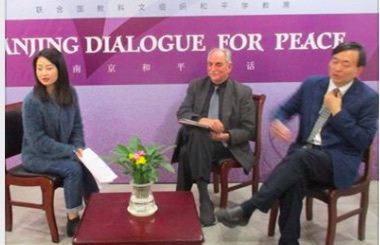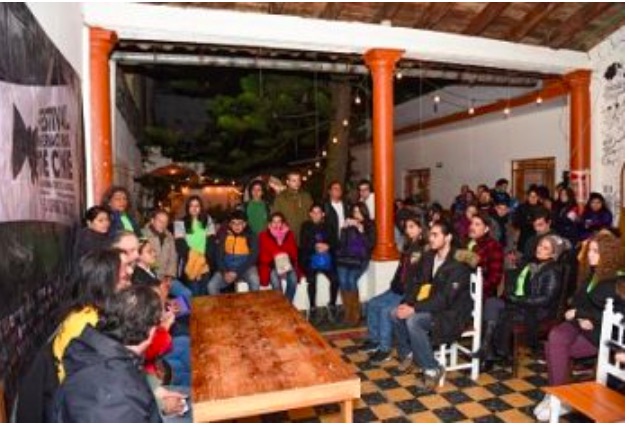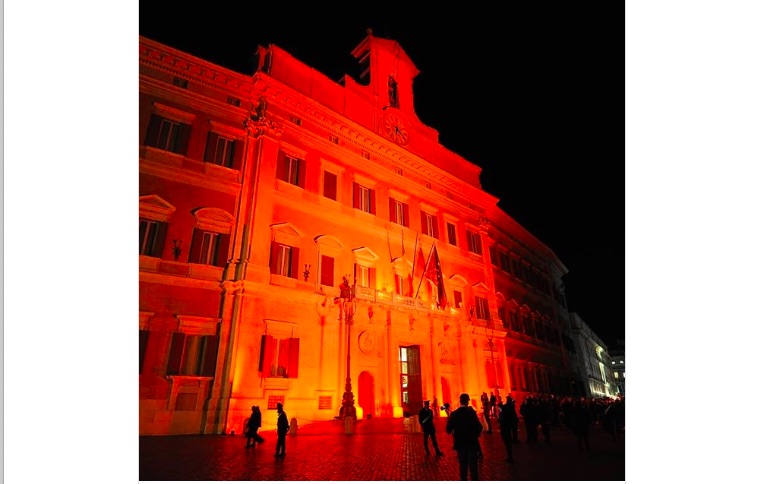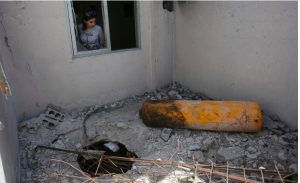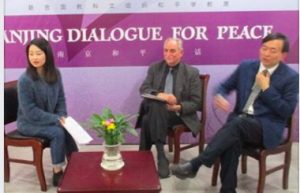FREE FLOW OF INFORMATION
An article by Jake Johnson in Common Dreams (licensed under a Creative Commons Attribution-Share Alike 3.0 License)
Sen. Bernie Sanders and Rep. Ro Khanna Friday night unveiled new legislation that would bar any Pentagon funding for “military force in or against Iran” without congressional approval, an effort to forestall what many in the U.S., Middle East, and around the world fear is a march to war by the Trump administration.

Sen. Bernie Sanders (I-Vt.) and Rep. Ro Khanna (D-Calif.)
“Today, we are seeing a dangerous escalation that brings us closer to another disastrous war in the Middle East,” Khanna and Sanders, a 2020 Democratic presidential candidate, said in a joint statement. “A war with Iran could cost countless lives and trillions more dollars and lead to even more deaths, more conflict, more displacement in that already highly volatile region of the world.”
(Article continued in the column on the right)
Where in the world can we find good leadership today?
(Article continued from the column on the left)
Sanders and Khanna criticized their fellow members of Congress for handing President Donald Trump a $738 billion military budget that did not include any safeguards against a war with Iran. An amendment sponsored by Khanna and Rep. Matt Gaetz (R-Fla.) was approved by the House last year, but the measure was stripped out of the final budget in bipartisan negotiations.
“Congress now has an opportunity to change course,” Sanders and Khanna said. “Our legislation blocks Pentagon funding for any unilateral actions this president takes to wage war against Iran without Congressional authorization.”
“We know that it will ultimately be the children of working-class families who will have to fight and die in a new Middle East conflict—not the children of the billionaire class,” the lawmakers added. “At a time when we face the urgent need to rebuild our crumbling infrastructure, to build the housing we desperately need, and to address the existential crisis of climate change, we as a nation must get our priorities right.”
In an interview on MSNBC Friday night, Khanna called on the House of Representatives to take up his and Sanders’ legislation as its first order of business when it returns from recess next week.
Sanders and Khanna’s legislation came just 24 hours after the U.S. assassinated Iranian General Qassem Soleimani in a drone strike ordered by Trump.
Soleimani’s assassination sparked enormous protests in Iran and outrage from U.S. progressives, who warned the strike could result in a catastrophic regional—or even global—conflict.
“Right now is the moment to decide if you are pro-peace or not,” Rep. Alexandria Ocasio-Cortez (D-N.Y.) tweeted Friday. “The cheerleaders of war, removed from its true cost, will gladly convince you that up is down—just as they did in Iraq in ’03. But war does not establish peace. War does not create security. War endangers us all.”



